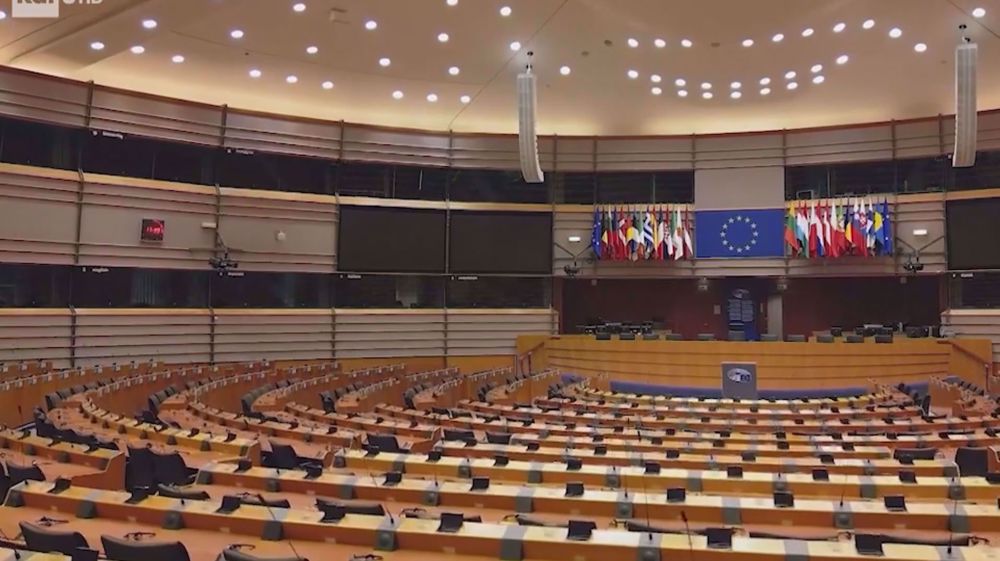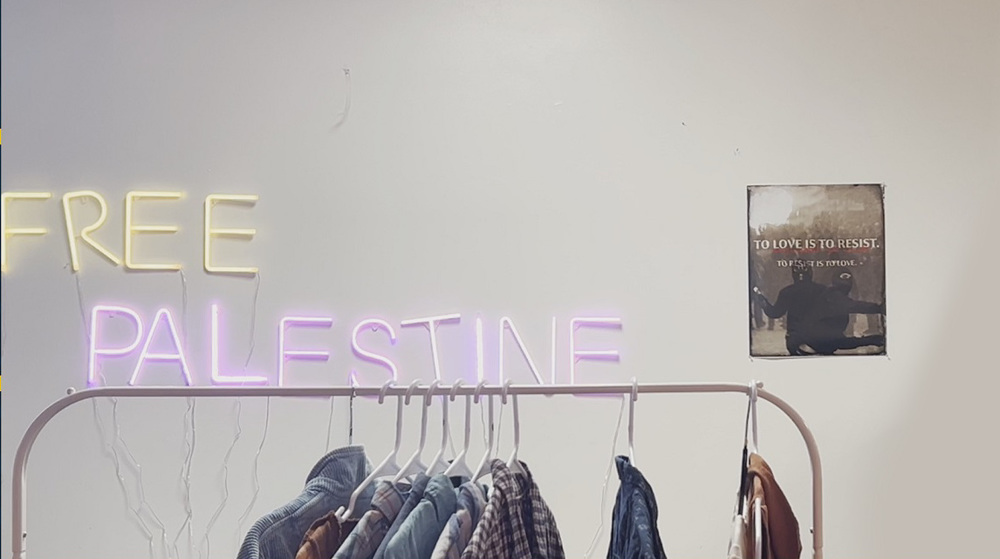French hunger up 250% since 2009
Ramin Mazaheri
Press TV, Paris
France’s largest charity, 'Catholic Help', issued their annual poverty report, declaring that hunger in France has more than doubled since the start of the Great Financial Crisis. They asked, “How can we tolerate such a scandal?”
Last year, 10% percent of France needed to visit a food bank, a rate never recorded outside of wartime. In 2009, that number was just 4%, revealing an increase in food insecurity of 250% in just a decade.
The report also said that 30% of visits are made by single parents. Seventy percent of visits are made by people aged 25 to 54, reflecting long-term unemployment issues.
The report noted that the corona-forced pause in far-right austerity “reforms” to social welfare systems kept the numbers from being even worse.
The French system of a mixed economy, with state participation and a commitment to make at least some efforts towards economic solidarity, is seemingly always under attack in the Western mainstream media.
However, France’s poverty rate remains significantly lower than in the United States, United Kingdom and Germany, often their biggest critics for structural economic changes.
It is now known that the coronavirus lockdowns did not just reveal structural inequalities, they accelerated them. A decade of austerity left France in a precarious state when corona arrived, and then lockdowns pushed already-strained budgets to the brink. When the one-time corona-related government assistance programs are fully withdrawn, many believe poverty 'acceleration' will turn into poverty 'explosion'.
South Korean President Yoon arrested over failed martial law bid
VIDEO | Press TV's news headlines
US budget deficit surges to record $711 billion
VIDEO | Yemeni army conducts three attacks against Israel within 12 hours
VIDEO | Gaza’s kidney patients face imminent death amid lack of fuel
Yemeni drones hit targets in Israel-occupied Yaffa
VIDEO | Is the worst yet to come?
ICC prosecutor pushes rejection of appeal on Netanyahu arrest warrant









 This makes it easy to access the Press TV website
This makes it easy to access the Press TV website